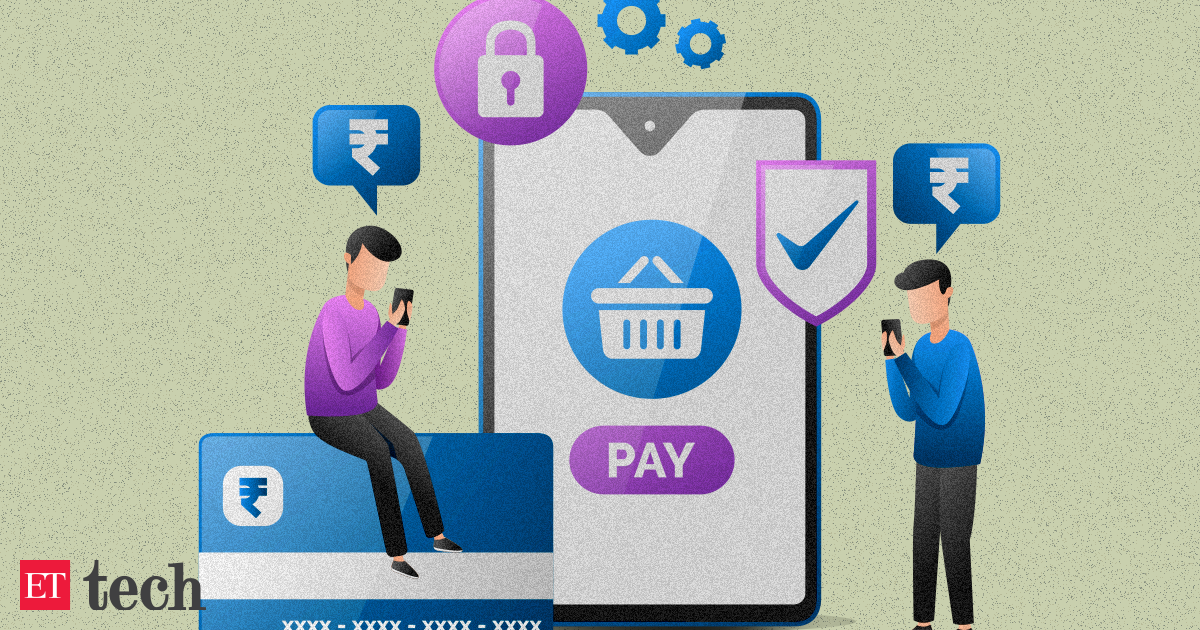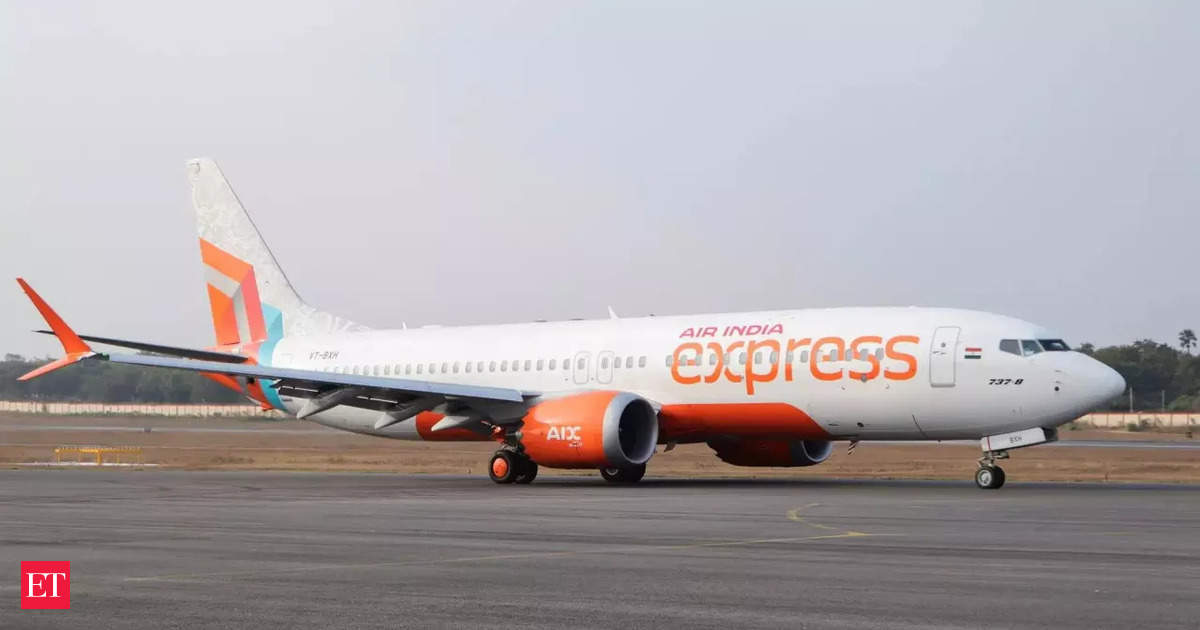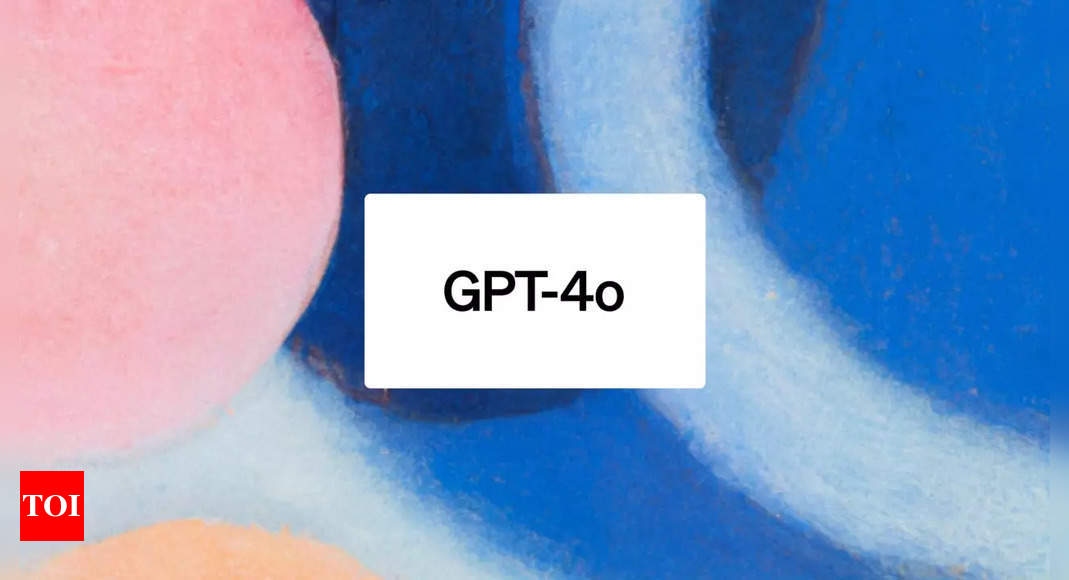The National Common Mobility Card (NCMC) has seen limited adoption in India, but that may change due to a regulatory change by the Reserve Bank of India (RBI). The RBI has allowed NCMC to be issued with a limit of Rs 3,000 without any Know Your Customer (KYC) requirements. This is expected to open up the market for more players and attract more users. Currently, there are around 200 million NCMC-enabled cards issued by 48 banks, but adoption has been limited. The NCMC allows users to make digital payments across multiple public transport systems including metros, buses, road toll plazas, and fuel stations. The goal of the NCMC was to replicate the success of Oyster cards in London and Octopus cards in Hong Kong. However, the fragmented public transport system in India and slow adoption have been challenges. The recent directive to Paytm Payments Bank (PPBL) to stop basic banking services has also impacted the mobility payments space. PPBL was working with multiple metro companies for payment services and its discontinuation has forced these companies to find alternative players. Delhi Metro has already switched to Airtel Payments Bank, and Chennai Metro is looking for a new financial institution to offer acquiring and issuing services for NCMC cards. The RBI’s regulatory change is expected to boost the adoption of NCMC and help in the issuance of more cards. AGS Transact, a Mumbai-based company, is already offering NCMC services in Bengaluru with RBL Bank and plans to issue 2.5 million NCMC cards in the next two years. They also plan to co-brand these cards with popular brands. The first co-branded prepaid card issued by AGS Transact is with consumer brand Patanjali.
Centres mobility card to go places as RBI eases rules











